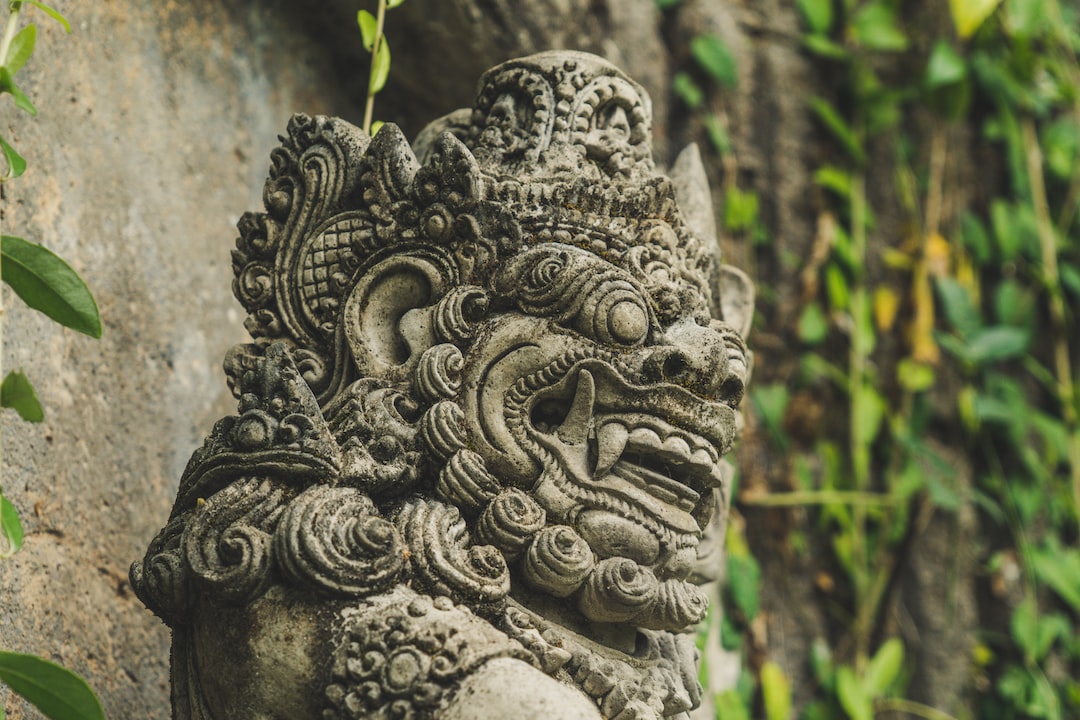Exploring the Concept of Divine Intervention in Different Religions
Throughout history, humanity has been fascinated by the idea of divine intervention. The concept of an all-powerful being intervening in human affairs has shaped the beliefs and practices of various religions across the globe. From Western monotheistic religions to Eastern philosophies, this notion has been interpreted and understood in diverse ways.
In Christianity, divine intervention plays a central role. The belief in an all-knowing and omnipotent God who intervenes in the lives of His followers is a pillar of this faith. Christians understand divine intervention as God’s direct involvement in the world, where He can alter events or perform miracles. It is seen as a manifestation of His love, power, and care for His creation. Biblical stories like the parting of the Red Sea, the healing miracles of Jesus, and the resurrection of Christ are often cited as examples of divine intervention.
Similarly, in Islam, the concept of divine intervention is crucial. Muslims believe in a single, transcendent God who is actively involved in human affairs. They understand divine intervention as Allah’s direct intervention in the world to bring about justice, support His followers, and guide humanity towards righteousness. The Qur’an provides numerous examples of divine intervention, such as the story of Prophet Moses facing pharaoh and the splitting of the moon as a sign from Allah.
In Hinduism, divine intervention is seen through the concept of avatars. Avatars are manifestations of the divine in human or animal form, sent to restore balance and combat evil. These divine beings, such as Lord Krishna and Lord Rama, are believed to have engaged in extraordinary feats to protect the world and its inhabitants. Hindu followers see divine intervention as a means for the divine to remind humanity of its duties and responsibilities.
Buddhism, on the other hand, has a different perspective on divine intervention. Instead of relying on an external deity, Buddhism emphasizes personal agency and individual enlightenment. While the teachings of the Buddha can guide practitioners towards liberation, it is ultimately up to each individual to attain enlightenment through their own efforts. Therefore, the concept of divine intervention in Buddhism is more focused on the inner transformation of the self than external intervention.
Judaism also acknowledges divine intervention, but it is viewed through a lens of covenantal relationship. Jews believe in a personal God who keeps His promises and provides guidance and protection to His chosen people. Divine intervention in Judaism is often interpreted as God’s involvement in fulfilling His covenant and maintaining His relationship with the Jewish people. Stories like the parting of the Red Sea during the Exodus and the preservation of the Jewish people throughout history are seen as instances of divine intervention.
Looking beyond these major religions, indigenous cultures around the world have their own interpretations of divine intervention. Shamanic practices, for example, often involve a shaman communicating with the spirit world and asking for intervention or guidance. This connection with the divine realm is seen as essential for the well-being and harmony of the community.
In summary, the concept of divine intervention is present in various religions, each with its own unique interpretations. Whether it is understanding it as a direct involvement of a supreme being, the manifestation of divine beings, or a personal journey towards enlightenment, divine intervention provides believers with hope, guidance, and reassurance in the face of life’s challenges.

